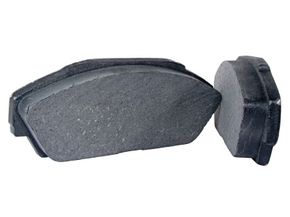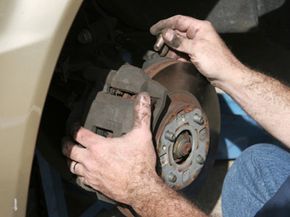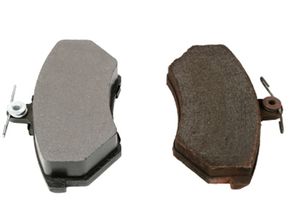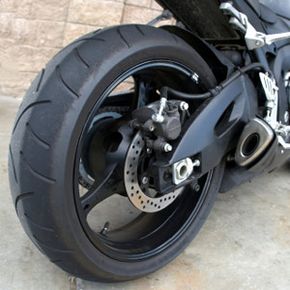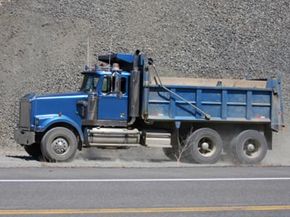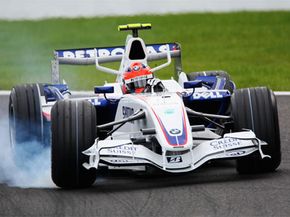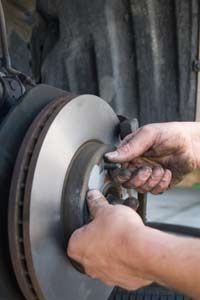There's a lot more to effectively using your car's braking system than simply stomping on the pedal when a squirrel darts out in front of you. The braking systems of cars, trucks and motorcycles are made up of a number of parts that translate the driver's actions into physical force that stops the car. One of those brake parts is your vehicle's brake pads.
Brake pads are a key brake part because they are the component that contacts and applies pressure and friction to a vehicle's brake rotors -- those flat, shiny discs that you can sometimes see just behind the wheels of some vehicles. The pressure and friction applied to the brake rotor is what slows and stops the wheel. Once the wheels stop turning, the vehicle stops moving, too. Though the role of brake pads as braking parts is pretty simple, the brake pads themselves are anything but.
Advertisement
Because of how fast a vehicle's wheels rotate and how much a typical car or truck weighs, brake pads undergo extreme stress every time you slow down or come to a stop. Think about it: Would you want to grab and hold on to a heavy metal disc that was spinning really fast? Imagine slowly squeezing that disc until the vehicle rolls to a halt -- it's a thankless job, but brake pads do it repeatedly for thousands and thousands of miles without complaint.
Stop by the next page where we'll learn a little about organic brake pads.
Advertisement
